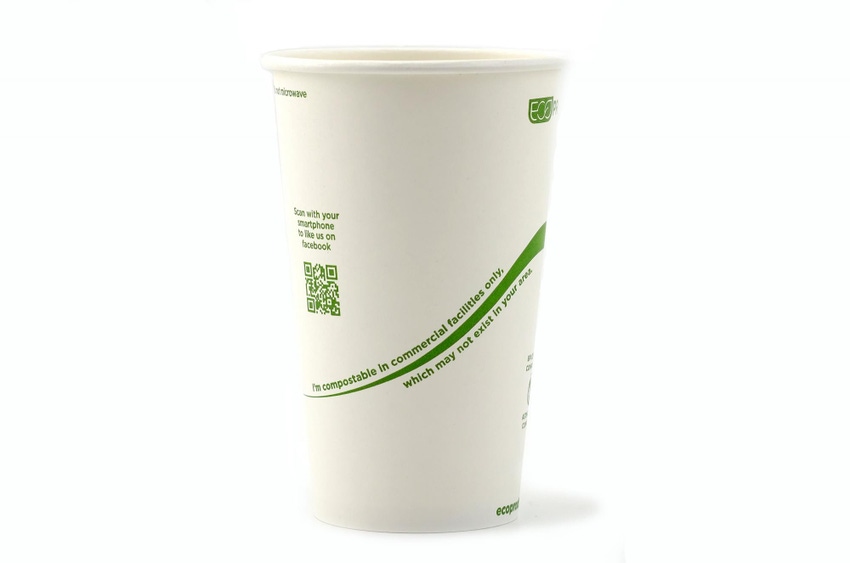When sustainable packaging perceptions are trumped by reality
June 9, 2015

Honesty is the best policy when it comes to sustainable packaging, says Eco-Insights blogger Robert (Bob) Lilienfeld, who provides a shining example.
Contains no BPA. 100% recyclable. 100% compostable and/or biodegradable. Made from renewable resources. Safe for the environment. Voila! Sustainable packaging!
Or is it?
Other than polycarbonate and can coatings, most plastics never have and never will contain bisphenol-A (BPA), so there’s no magic there. With an ungodly amount of financing and processing, virtually anything is recyclable. Given the right facilities and combinations of heat, microbes and chemistry, almost any organic material can be broken down. And, by simply affixing a paper label to a glass, plastic, or metal container, any package can trumpet the inclusion of renewable resources.
Sadly, it seems that in an effort to satisfy stockholders, customers, consumers, and retailers, the packaging industry consistently takes the low and easy road by trumpeting theory over reality.
But don’t feel too bad. Your customers and theirs are doing the same thing.
That’s why I was so pleasantly surprised to see the message “I’m compostable in commercial facilities only, which may not exist in your area” featured prominently on the paper and polylactic acid (PLA)-coated cup used at my local coffee shop. I was just as happy to learn that Eco Products, which produces these cups, is just down the road and ready to meet with me, here in oh-so-sustainable Boulder, CO.
I spent a few hours with Ian Jacobson, president, and Wendell Simonson, VP of marketing, to learn why Eco Products has taken such a refreshingly transparent approach to developing and marketing their food service cups and related products:
It’s simply the right thing to do. According to Jacobson, “We got into the compostable business for foodservice disposables because we thought it was the right thing to do. We try to follow that logic in all of our strategic decisions. Obviously, letting people know that our products may not be compostable in their area is a very long term, strategic decision on our part.”
It’s also the legal thing to do. Simonson pointed out that the latest FTC guidelines require Eco Products to make the commercial composting disclaimer. When I mentioned that their competitors are not following the guidelines and may not need to do so because the products are institutional, rather than consumer-focused, Simonson simply shrugged and said, “We try to do what’s right, not what’s currently popular.”
It differentiates them from competitors. This can be both good and bad. Jacobson mentioned that, “Our messaging lets consumers know that along with us, their foodservice suppliers want them to know the truth. This is generally a good thing. However, there are definitely times when potential customers don’t want to take such a risk, and we don’t get the business.”
Simonson agreed that their transparent approach does not always help build sales or market share. He stated that, “It’s tough to sell against virtually identical products that do not include the proper disclaimers. We’ve lost many potential sales because of this. However, in an information intensive, digital world, the facts eventually come out. We’ll be better positioned for growth than our competitors when that happens—and we think it’s going to happen soon.”
Amen.
What do you think? Please comment below.
Missed one of Bob's blogs? Read them here.
Robert (Bob) Lilienfeld has been involved with sustainable packaging for more than 20 years. He is currently editor of The ULS (Use Less Stuff) Report, a marketing and communications consultant to AMERIPEN and other organizations, and is a professional photographer.
About the Author(s)
You May Also Like




